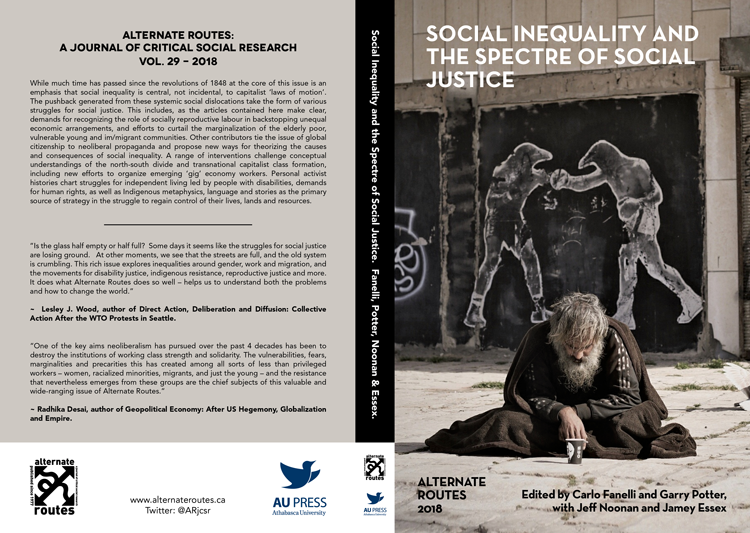Small Causes, Large Structures. A New Look at the Roots of Social Inequality in Human Societies
Abstract
Theoretical discussions of the causes of social inequality still rely largely on frameworks first formulated in the 19th century by Marx, Spencer and Durkheim. For very different reasons these authors arrived at similar conclusions which influenced much subsequent theorizing: inequality structures in human societies were believed to arise from single causes, to impose themselves inevitably on human affairs, and to follow predictable developmental pathways. This paper proposes a new theory which explores elements missing from conventional theories: the role of contingency and chance in the growth of inequality structures, self-reinforcing dynamics and processes of intentional social control which consolidate them, and the indeterminate historical pathways of the evolution of distributive structures. These characteristics also suggest the need to explore alternatives for social change and distributive justice.Downloads
How to Cite
Baldus, B. (2018). Small Causes, Large Structures. A New Look at the Roots of Social Inequality in Human Societies. Alternate Routes: A Journal of Critical Social Research, 29. Retrieved from https://alternateroutes.ca/index.php/ar/article/view/22451
Issue
Section
Articles
License
Articles are published in Alternate Routes: A Journal of Critical Social Research under the Creative Commons "Attribution/Non-Commercial/No Derivative Works" Canada licence.
The copyright for the articles published in this journal is retained by the authors, with first publication rights granted to the journal. By virtue of their appearance in this open access journal, articles may be used, with proper attribution, in educational and other non-commercial, not-for-profit settings. The submission of a manuscript to Alternate Routes will be taken to mean that the author understands and agrees to the following:
- the manuscript represents original work not previously published;
- the manuscript is not being considered elsewhere for publication in the same language (publication elsewhere in an alternate language does not preclude acceptance of submission to Alternate Routes);
- appropriate written copyright permissions have been secured for republication of any copyrighted material contained in the manuscript;
- copyright for this article is retained by the author, with first publication rights granted to Alternate Routes;
- by virtue of its appearance in this open access journal, it is understood that the article is freely available for use, with proper attribution, for educational and other non-commercial purposes;
- reuse of the article for commercial purposes by anyone other than the author requires permission of the author;
- the author agrees to cite Alternate Routes as a source whenever h/she later republishes or reuses the article in other platforms.


